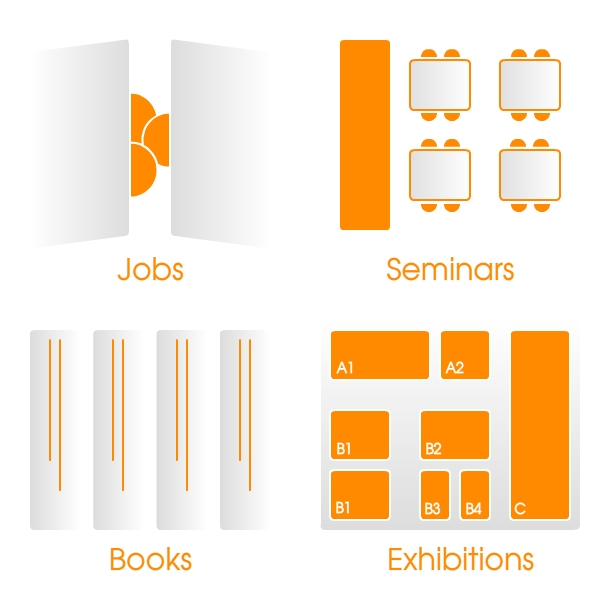
Author : Bernard Hugonnier
OECD Deputy Director for Education
Our societies and our economies live at the present time deep upheavals that result from globalization, the development of the new technologies of information and communication (TIC) and of challenges launched by climat change, the diversification of our societies resulting from immigration, and ageing population. It is clear that one cannot claim in such a context that all must change except education. Education has therefore to do its own aggiornamento and to transform itself to better respond to the new situation. It must become positive in the sens that it must be pragmatic while adjusting itself to the realities and be reformed on the basis of evidence and of confirmed experiences. It does not have for to be utilitarian by doing nothing but to reply to immediate needs and without future.
On this basis, the new education should respond to the objectives of : i) the protection of the environment and not renewable materials; ii) lifeliong learning iii) the knowledge economy iv) social inclusion.
The protection of the environment and not renewable materials
What is examined here are the dynamic competences that students should have as, once adults, they will have to assume civic responsibilities a lot more important than in the past in order to meet the challenge of the climat change and the protection of the planet. This means to have consumer behaviors more compatible with the objectives of sustainable development that wants to reconcile economic growth with the environment, i.e. to reduce as much as possible the consequences of the first one on the second. Dynamic competences that the young ones must obtain are critical thinking, taking initiatives, independant thinking, discernment capacity, personal engagement and responsible citizenship.
Lifelong learning
Is past the old paradigm where thanks to an initial education one could find a job and obtain a job for life. Henceforth, each will have to change more often jobs and sometimes of professions and at the same time to improve his/her productivity. Hence the necessity to update one’s knowledge and skills and if needed to develop new ones. This is lifelong learning. There again dynamic competences are expected such as flexibility, adaptability, motivation to learn and relearn, the capacity to learn by oneself, taking initiatives, knowledge in TIC, documentation skills to look for necessary information in the media, creative and critical thinking..
The knowledge society
In the knowledge society, where knowledge became the principal factor of production, the employers do not only require cognitive knowledge and skills; they put more and more the accent on competences linked to the working place be intra-personnal skills (motivation, engagement, entrepreupreuneurship, adaptatability, analytical skills, apprenticeship capacity) or interpersonal skills (team spirit, communication, leadership, responsibilisation, taking initiatives).
Social inclusion.
In our modern society, where prevails more and more a strong mixity of origins, ethnic groups, religions and morals, more social capital is needed to allow linking between them the various communities and the latter with institutions. The social capital that it is needed to develop an inclusive society, i.e. where the risks of social exclusion are minimum, necessitates the following skills: trust, tolerance, solidarity, cooperative spirit, civic participation and social responsibility.
Conclusion
We showed that in the current world and the one that pronounces itself, new skills are needed. They characterize themselves by the fact that most of the time they are not sectoral and cognitive but transversal and more bases on values and attitudes. A new education is thus needed.
Now all are concerned: the young and the adults, the employees as the unemployed and the retired ones. Besides, immense challenges are present notably: how to teach these transversal skills ? What sort of reform of curricula and pedagogy should be undertaken? What sort of training for teachers? How to measure the acquisition of these competences (for example, solidarity) and what are the respective roles of formal, unformal and non formal education ?
The future will be positive if these skills are well acquired, i.e. if one directs oneself towards a positive education which will guarantee a sustainable development; a true lifelong learning for all; making sure that the principal source of growth is knowledge and ensuring a participative democracy without exclusion; it will be problematic otherwise.
* OECD Deputy Director for Education
 Dans son livre : "Virage européen ou mirage républicain? Quel avenir voulons-nous?", Nelly Guet démontre la sclérose du système éducatif français et fait des propositions européennes.
Dans son livre : "Virage européen ou mirage républicain? Quel avenir voulons-nous?", Nelly Guet démontre la sclérose du système éducatif français et fait des propositions européennes.


